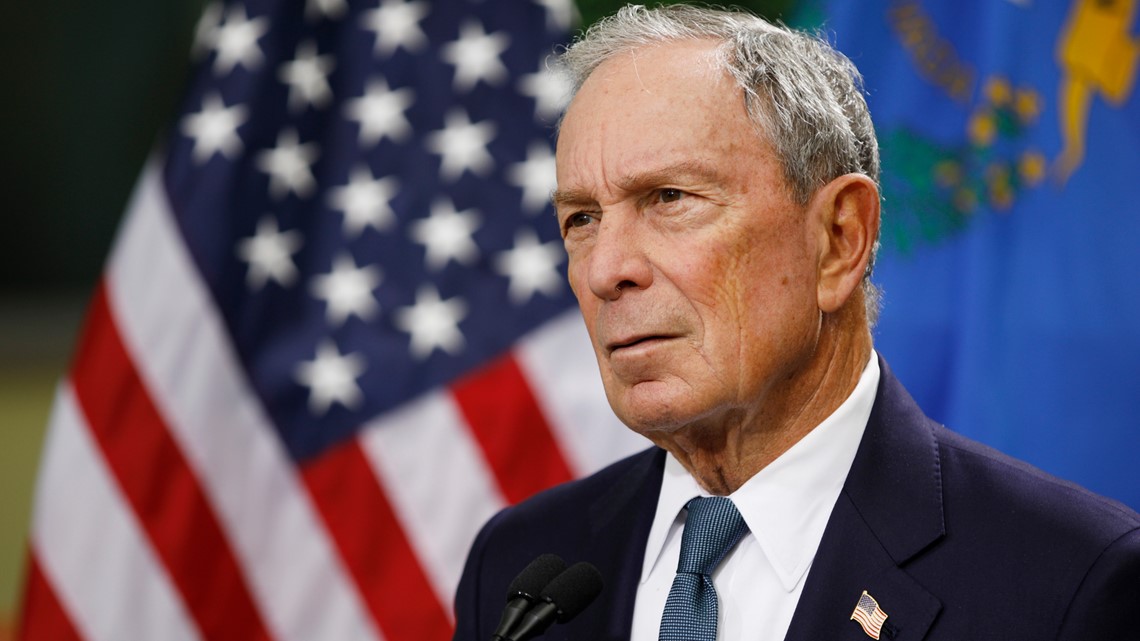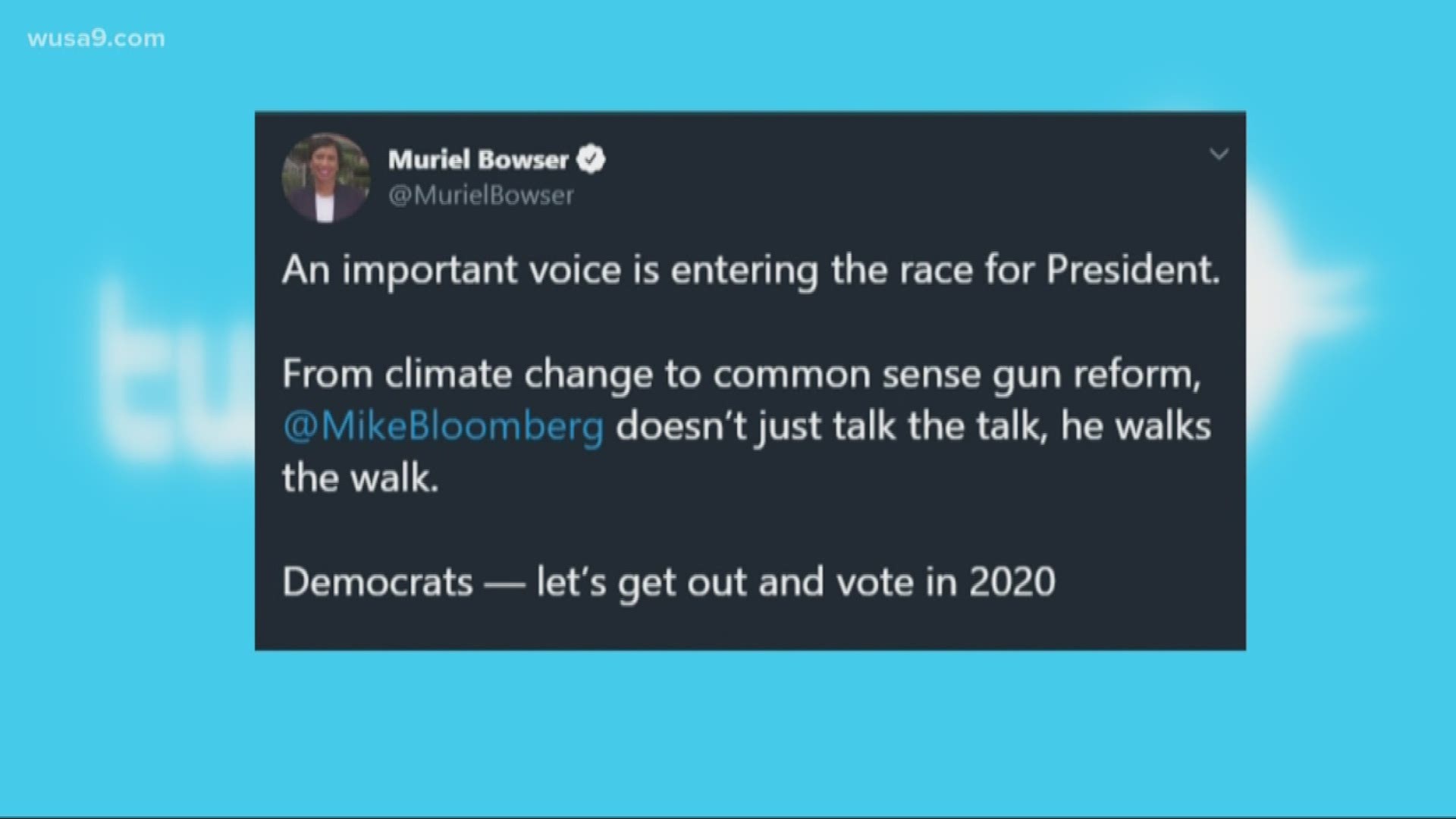NEW YORK — Michael Bloomberg will not accept political donations if he runs for president and he will not take a salary if he wins, according to senior aides who offered new details on Saturday about the New York billionaire’s plans to navigate his wealth as he marches toward a formal 2020 announcement.
“He has never taken a political contribution in his life. He is not about to start,” Bloomberg chief adviser Howard Wolfson said in an interview. “He cannot be bought.”
One of the richest men in the world, Bloomberg is sending every indication he has decided to enter the crowded Democratic presidential primary election. In recent days, he has created a presidential campaign committee with the Federal Election Commission and qualified for the primary ballot in at least three states. Bloomberg’s team has reserved more than $30 million in television ads set to begin running Sunday in several primary states.
The moves, just 10 weeks before primary voting begins in Iowa, reflects his concern that the current Democratic field is not well-positioned to defeat President Donald Trump next fall.
Bloomberg’s wealth has already emerged as a central issue as the political world awaits his formal announcement. He is estimated to be one of the 10 richest people in the world.


His Democratic rivals pounced on news of Bloomberg’s massive television ad buy, in addition to his decision to bypass the first four states on the presidential primary calendar — Iowa, New Hampshire, Nevada and South Carolina — in favor of focusing on the many states that hold primary contests in March.
“I’m disgusted by the idea that Michael Bloomberg or any billionaire thinks they can circumvent the political process and spend tens of millions of dollars to buy elections,” Democratic presidential contender Bernie Sanders, a Vermont senator, wrote Friday on Twitter. “If you can’t build grassroots support for your candidacy, you have no business running for president.”
Another Democratic candidate, Minnesota Sen. Amy Klobuchar, swiped at Bloomberg as she campaigned over the weekend in New Hampshire.
“He didn't want to deal with all of this grassroots campaigning from the beginning, you know that's on him. I think this is important,” Klobuchar said. She added, “I think that you want to have a candidate for president who's willing to go out, day after day, and talk to regular people like this.”
Bloomberg’s team insists that his wealth allows him to be more responsive to the concerns of everyday people because he isn’t beholden to special interests. Wolfson said Bloomberg would work for only $1 a year as president, just as he did when he was New York City mayor for more than a decade.
Bloomberg’s message on money is much the same one employed by Trump in his 2016 campaign, although Trump ultimately accepted millions of dollars in donations. Trump donates his salary each quarter to different departments of the federal government.
Bloomberg “is wholly independent of special interests, will not take a dime in any contribution, and never has in any of his three races,” Wolfson said.
The decision to refuse contributions would make it impossible for Bloomberg to participate any sanctioned Democratic debates should he run. The rules of entry, as set by the Democratic National Committee, currently require participants to meet a polling threshold and raise donations from tens of thousands of voters.
Any money Bloomberg raises and spends on his presidential ambitions will come from one place: His own pocket.
How much is he willing to spend?
“Whatever it takes to defeat Donald Trump,” Wolfson said.
___
AP writer Sara Burnett in Henniker, New Hampshire contributed.

